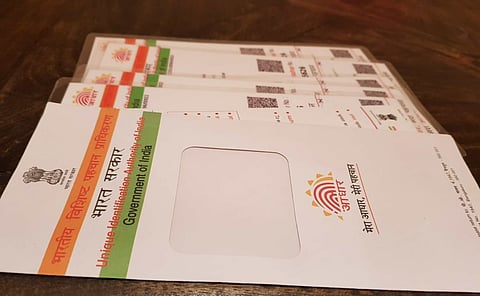
- News
- Columns
- Interviews
- Law Firms
- Apprentice Lawyer
- Legal Jobs
- हिंदी
- ಕನ್ನಡ

The Madras High Court has issued notice in a petition challenging the mandatory linkage of Aadhaar to Universal Account Number (UAN) for availing pension and provident fund benefits.